Tech's two roads through Trump's tariffs
U.S. tech giants are awkwardly navigating two paths through the minefield of President Trump's global trade war.
The big picture: Companies like Apple and Nvidia are altering their short-term supply chains and diversifying their product sourcing to minimize the cost of Trump's tariffs.
- At the same time, they're doing everything they can to get on Trump's good side, hoping it will pay off in carve-outs or other favors.
Driving the news: Nvidia said yesterday it has begun making some of its AI chips at TSMC's Arizona plant and will also start making "AI supercomputers" in Texas.
- Nvidia also said it will aim, along with its partners, to spend $500 billion on domestic U.S. AI infrastructure.
- Meanwhile, CEO Jensen Huang reportedly attended a $1 million-per-person dinner at Mar-a-Lago last week — and shortly after, per NPR, the White House shelved planned new restrictions on Nvidia's chip exports to China.
Apple has also been seeking to dodge the tariffs' blows.
- The company has reportedly flown planeloads of iPhones to the U.S. in hopes of beating tariffs, delaying potential price increases or profit hits.
- Apple is also reportedly encouraging all its non-Chinese manufacturing operations to make as many devices as possible.
At the same time, CEO Tim Cook's efforts to placate Trump seemed to bear some fruit when the White House announced Friday the new tariffs would not apply to smartphones and electronics.
- That felt like a repeat from Trump's first term, when Cook won a tariff exemption for the iPhone.
- But by Sunday, Apple's reprieve looked like it could be short-lived, with Trump warning that "NOBODY is getting off the hook."
Catch up quick: Tech companies began efforts to diversify their production beyond China during the first Trump administration, and those efforts expanded after the pandemic.
- Much of that production moved to countries like Vietnam and India that are also targets of Trump's now-paused reciprocal tariffs.
State of play: For tech's biggest firms, the game of Trump management involves rituals of appeasement in the form of public announcements of extravagant — and ostensibly new — investments. The game has four rules.
- Pick a crazy high investment number in the hundreds of billions of dollars, then hedge it by using terms like "up to" and "planned."
- Roll together projects that were already in the pipeline with new spending plans to boost the final tally.
- Be sure to credit Trump by name, or otherwise signal he made the deals possible, or just don't contradict him when he takes credit.
- In a few months or years, feel free to change course or back out as needed.
Microsoft and OpenAI have also played this game since Trump returned to office, announcing splashy investments of their own.
Between the lines: Tariffs hit some tech giants much harder than others.
- Tariffs affect physical goods shipped by boat or plane. So companies like Apple and Nvidia that deal in hardware have a lot more at stake than software-and-services companies like Microsoft, Google and Meta.
- But if tariffs bring on an economic slowdown or recession, every firm would feel the pain.
What's next: Industry watchers will keep a close eye on what companies actually spend on the ground over time.
- Many outsize commitments that companies made to domestic manufacturing during Trump's first term — like a much ballyhooed Foxconn project in Wisconsin — either never materialized or got radically downsized.




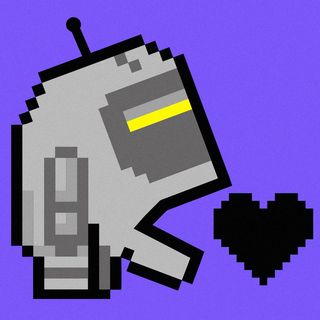

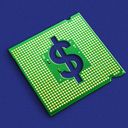


/2025/03/12/1741823865941.gif)


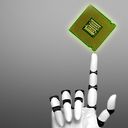


/2025/02/24/1740357777019.gif)


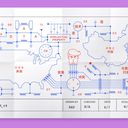



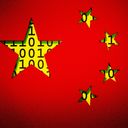

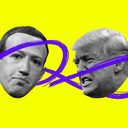



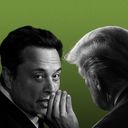






/2024/11/18/1731971874691.gif)